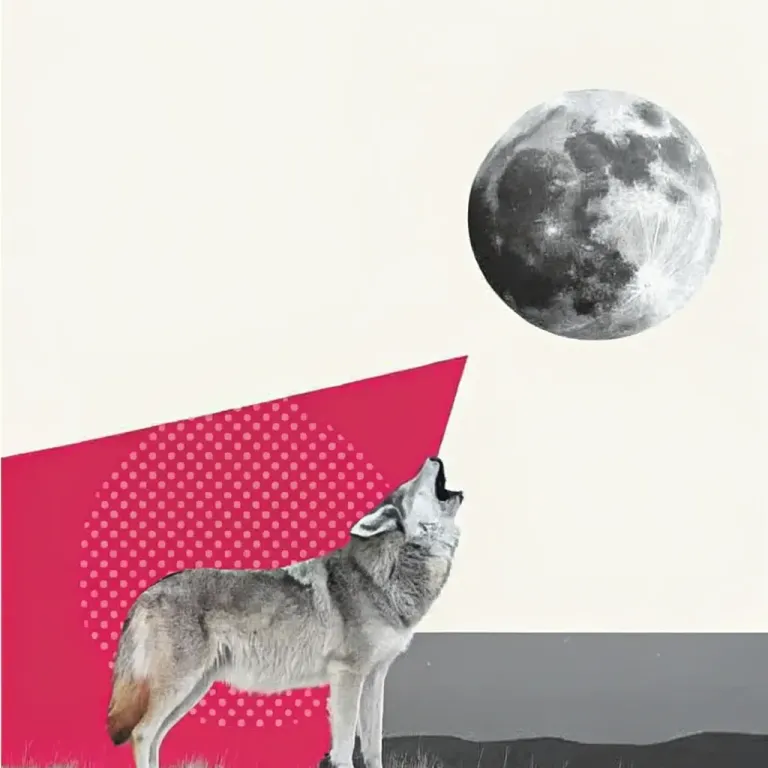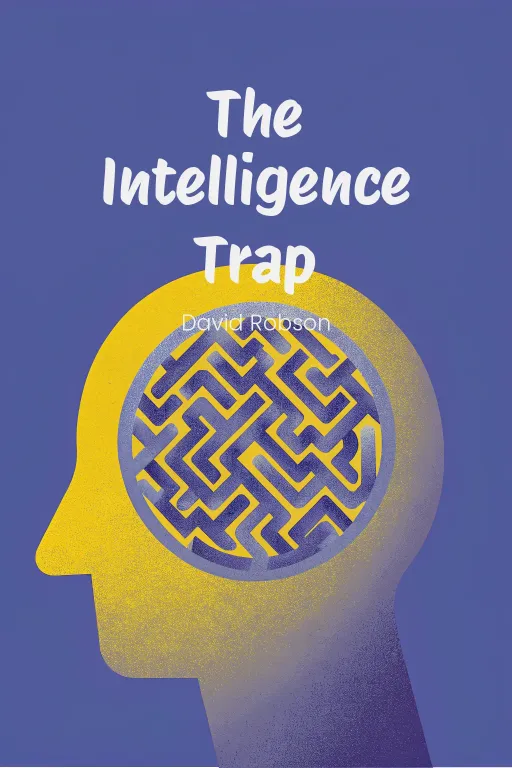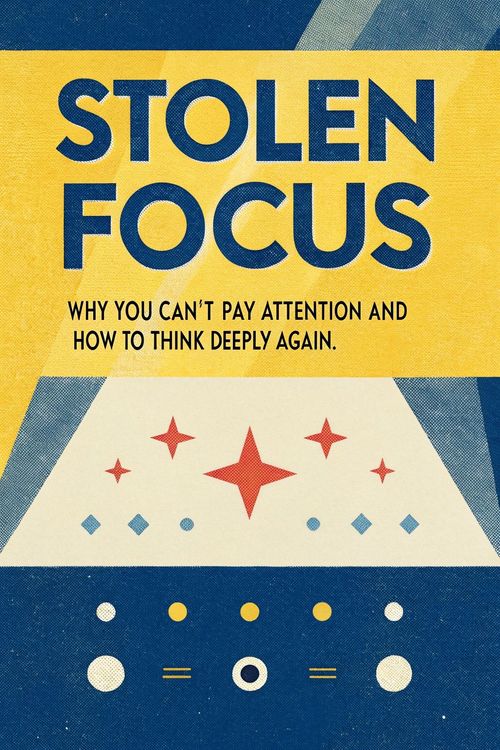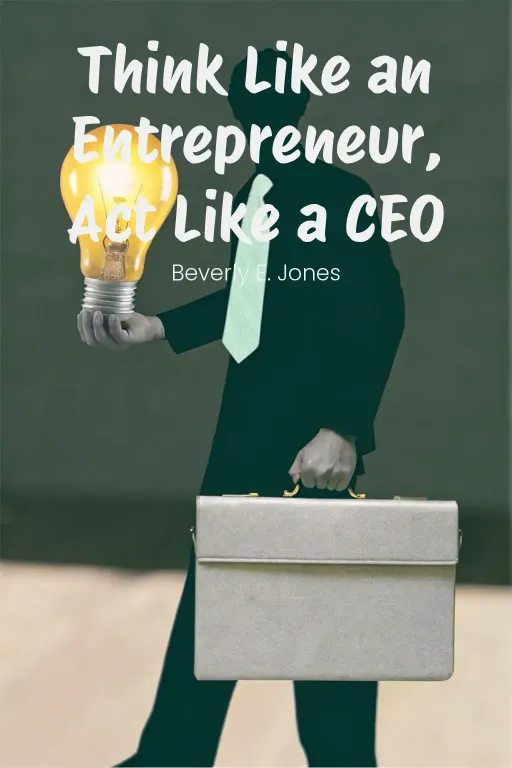
Unleash Your Inner Wolf: Lead & Thrive
Podcast by Beta You with Alex and Michelle
How to Come Together, Unleash Our Power, and Change the Game
Unleash Your Inner Wolf: Lead & Thrive
Part 1
Alex: Hey everyone, welcome back! Today, we're diving into something really powerful: a vision of leadership and empowerment inspired by none other than the soccer legend, Abby Wambach. Michelle: Exactly! We're talking about "Wolfpack," Wambach's manifesto for, well, dismantling those outdated ideas about leadership and replacing them with principles that are all about collaboration and, frankly, getting things done. Alex: "Wolfpack," at its core, is about women “really” stepping into their power, both individually and together. Wambach uses this fantastic metaphor rooted in nature: wolves. She compares how wolves in Yellowstone can restore ecosystems to how women, when united as a pack, can bring balance and justice to society. I find the comparison of women to wolves particularly insightful, as both are often unfairly stigmatized. Michelle: Right, it's not just empty inspiration. Wambach gives us concrete rules – the "Wolfpack Way". Things like demanding the ball, owning your failures, and “really” championing those around you. These are more than concepts; they're actions you can take. Alex: So, in this episode, we’re breaking down three essential pieces of Wambach’s philosophy. We’ll start by exploring this wolf metaphor and how it helps women see their own strength differently. Michelle: Then, we'll get practical with those rules she lays out. I mean, who doesn't want a concrete plan for empowerment? Alex: And finally, we’ll zoom out to the big picture: What difference can unity “really” make? How can we, as a society, foster equity and justice by adopting this "Wolfpack" approach? Michelle: So, whether you consider yourself a lone wolf or a team player, stick with us. There's something here for everyone. Let’s figure out how we can all find our pack and lead with purpose and authenticity.
Collective Empowerment and the Wolfpack Way
Part 2
Alex: Okay, let's jump right in. Abby Wambach uses this metaphor of the Yellowstone wolves, right? It's not just some wildlife story; it’s a powerful way to show how teamwork can completely transform things. Michelle: Exactly. It’s a great story. So, in 1995, they brought wolves back to Yellowstone after, like, 70 years. And get this – it totally changed everything! Turns out, these wolves weren't just hunting elk; they were actually shaping the whole ecosystem. Alex: Right. Because before the wolves, the elk population had exploded. They'd eaten all the plants along the rivers, causing erosion and hurting other animals. But then the wolves came back and naturally controlled the elk. Suddenly, grasses, shrubs, even trees started growing again, which is amazing. Michelle: And then the domino effect, right? Beavers came back because they had willow trees to build dams, stabilizing the water flow. Birds and fish benefited, and even the rivers changed course because the plants held the soil together. All that just from one species being reintroduced. Alex: Exactly! So, Wambach uses this to show what women can do when they work together. Like those wolves, when women unite to challenge the status quo or support each other, they don't just tweak one thing. They create these waves of change that reshape the whole environment. Michelle: Okay, I get it. But Yellowstone had this “imbalance”, right? Is Wambach saying that society is also “imbalanced"? Alex: Definitely. She points out that our systems—whether it’s in leadership or pay—have been built around competition instead of collaboration. And that imbalance leads to exclusion and, honestly, stagnation. Michelle: Gotcha. So, if we follow her logic, women acting like these “wolves”—embracing their collective power—can restore balance. Alright, I see it. But is this really scalable? I mean, wolves don't have to deal with office politics or quarterly reports, you know? Alex: Great point, Michelle. And Wambach isn't saying it'll be a walk in the park. She's not suggesting we literally become wild animals in the boardroom. She's inviting us to adopt that mindset—the "pack mentality." Which leads us to her idea of "pack culture," something we've seen in action with the US Women's National Team, for example. Michelle: The USWNT—that’s a prime example of this in action. Those women embody what it means to lead and flourish as a team. Alex: Exactly. The USWNT, as a pack, doesn't just win trophies. They embody a culture based on trust, accountability, and support. Each player understands that her performance contributes to the whole. There's no room for that toxic competition where someone else's success hurts you. Michelle: It's not the "every wolf for herself" thing, right? I remember reading about a senior USWNT player mentoring a younger teammate during training. That’s the “lead from the bench” idea, right? Leadership isn't about being the star; it's about lifting up the group. Alex: Absolutely. It's a challenge to those traditional leadership models we see, especially in male-dominated spaces. Wambach flips the script, arguing that leadership isn't about hierarchy; it's about creating spaces where everyone can succeed. Michelle: But let's be real here. This ethos seems perfect for sports teams. You have clear goals and a tight-knit group. The real world isn't always like that. How do you build a “pack culture” in, say, a corporate office where people's goals might clash? Alex: It starts with small, intentional steps. Think about mentoring. Instead of seeing colleagues as competition for a promotion, focus on mentoring them and creating a culture of mutual support. Even in a competitive environment, that shared accountability makes a difference. Michelle: Okay, got it. Sort of idealistic, but practical, too. Just like the USWNT built trust off the field with rituals, maybe non-sports teams need to foster connections through deliberate engagement. Alex: Right! Wambach stresses that unity isn't a result of success, but a requirement for success. Building a pack culture means investing in relationships, diversity, and recognizing how individual strengths bolster the team. Michelle: Which brings us to her "New Rules of the Wolfpack Way," like, I think these are where the concept becomes actionable, right? Let’s jump into one of my favorites: “Be Grateful AND Ambitious.” Because this really flips the gratitude narrative on its head, doesn't it? Alex: Exactly! Women are often told to "be grateful" for what they have, as if ambition is greedy. Wambach strongly disagrees. Gratitude and ambition aren’t opposites; they fuel each other, actually. Michelle: Right, and the USWNT's fight for equal pay proves that. Those athletes were grateful to represent their country, no doubt. But that didn’t stop them from demanding fair pay when they found out about the huge pay gap. Alex: Exactly. Their gratitude for playing didn't hold them back; it pushed them forward. They knew gratitude couldn’t replace justice, and their ambition sparked change for women everywhere, not just in sports. Michelle: And then there’s “Champion Each Other.” This is so simple but also kind of revolutionary when you think about our existing systems. Alex: Revolutionary because it disrupts those divisive stories that pit women against each other. When women champion each other, they create a wave of empowerment, whether it’s in the workplace or friendships. Michelle: You know, like a senior executive mentoring a younger manager in a male-dominated field. That's using this rule in real life. It’s about sharing knowledge, offering support, and breaking the cycle of isolation for women in tough systems. Alex: It's a cycle of giving back too. That younger manager will likely become a mentor herself. And when that happens, you've not just supported one person, but built momentum for collective change. Michelle: I think what her Rules boil down to is that transformation doesn’t happen in a vacuum. It's through that "pack mentality"—trusting, supporting, and amplifying each other—that we tap into something bigger. Alex: And that leads us to her ultimate vision, right? That legacy of the Wolfpack Way. Wambach isn't just talking about quick wins. She wants us to think long-term and create environments where future leaders have the tools to flourish. Michelle: Which makes her philosophy more than just a playbook for today—it’s a blueprint for the future. Like the wolves in Yellowstone reshaping the landscape, Wambach is challenging us to do the same in our own ecosystems, one "pack" at a time.
Conclusion
Part 3
Alex: Okay, so to bring it all together, Abby Wambach's "Wolfpack" is more than just a catchy metaphor, it's “really” a call to action. We've seen how those Yellowstone wolves showed us the strength of working together, how the US Women's National Team is a prime example of pack mentality, and, of course, how Wambach's New Rules give us a blueprint for tackling inequality and making actual change happen. Michelle: Right. It's about realizing that real change—whether we're talking about nature or organizations—happens when people actually support each other, trust the process, and feel like they're all in it together. Unity isn't just a nice idea--it's a strategy for bouncing back and “really” moving forward. Alex: Precisely. Wambach is reminding us that feeling empowered isn't something you achieve alone; it's a group effort. And being a leader isn't about being the loudest person in the room, it's about creating spaces where everyone can succeed. Michelle: So here's the big question then. Whether you're in a boardroom, a classroom, or just your local neighborhood, ask yourself: What can I do to help build a pack mentality? Who can I support and encourage? How can I add to the group's overall strength? Alex: Because just like those wolves in Yellowstone, what you do can have an impact that goes way beyond just you. No matter where you are, find your pack, build trust, and lead in a way that's true to yourself. Together, we “really” can change things. Michelle: And hey, who knows? You might just start something big.









